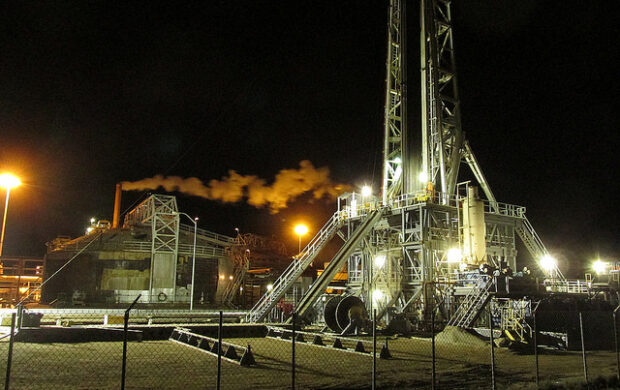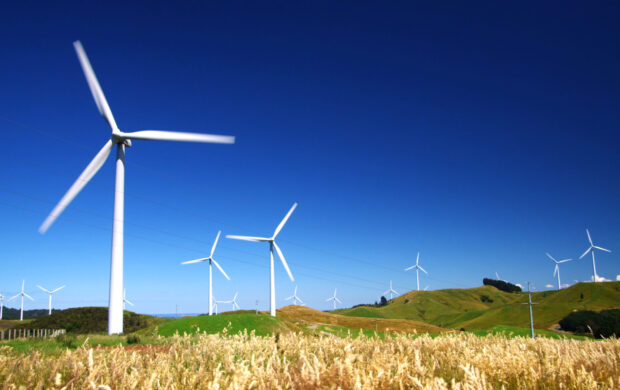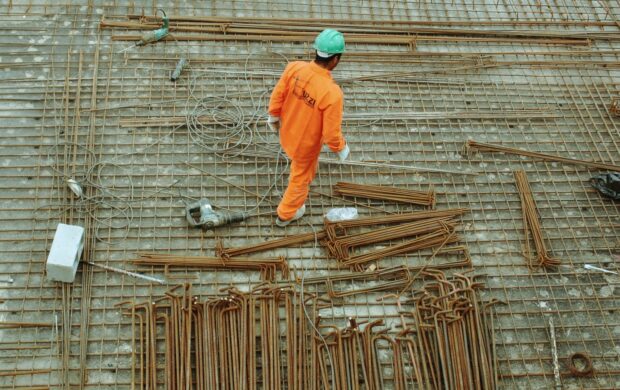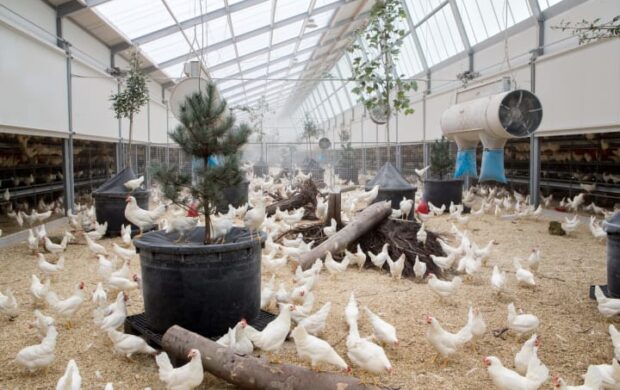A new process that significantly reduces the costs of capturing industrial CO2 emissions has been adopted by a chemical plant in the Southern Indian state of Tamil Nadu. Tuticorin Alkali Chemicals implemented a technique developed by UK company Carbonclean to annually capture up to 60,000 tonnes of carbon emissions produced by their industrial plant.
The process works by using a fine mist containing a patented chemical to strip CO2 molecules from the flue gas produced by the coal-fired boiler. The carbon extracted by this process is turned into soda ash which is widely used in glass manufacturing, paper production, sweeteners, and the production of detergents. The plant will sell this onto other industries, so bypassing the need for government subsidies.
This new chemical has proved to be more efficient at capturing carbon than traditional amine compounds as it both uses less energy and creates less alkaline waste. More significantly, the reduced energy necessary for the process also allows the use of a cheaper form of steel that dramatically reduces overall operation costs making carbon capture storage (CSS) potentially both cost-effective and commercially viable for businesses.









